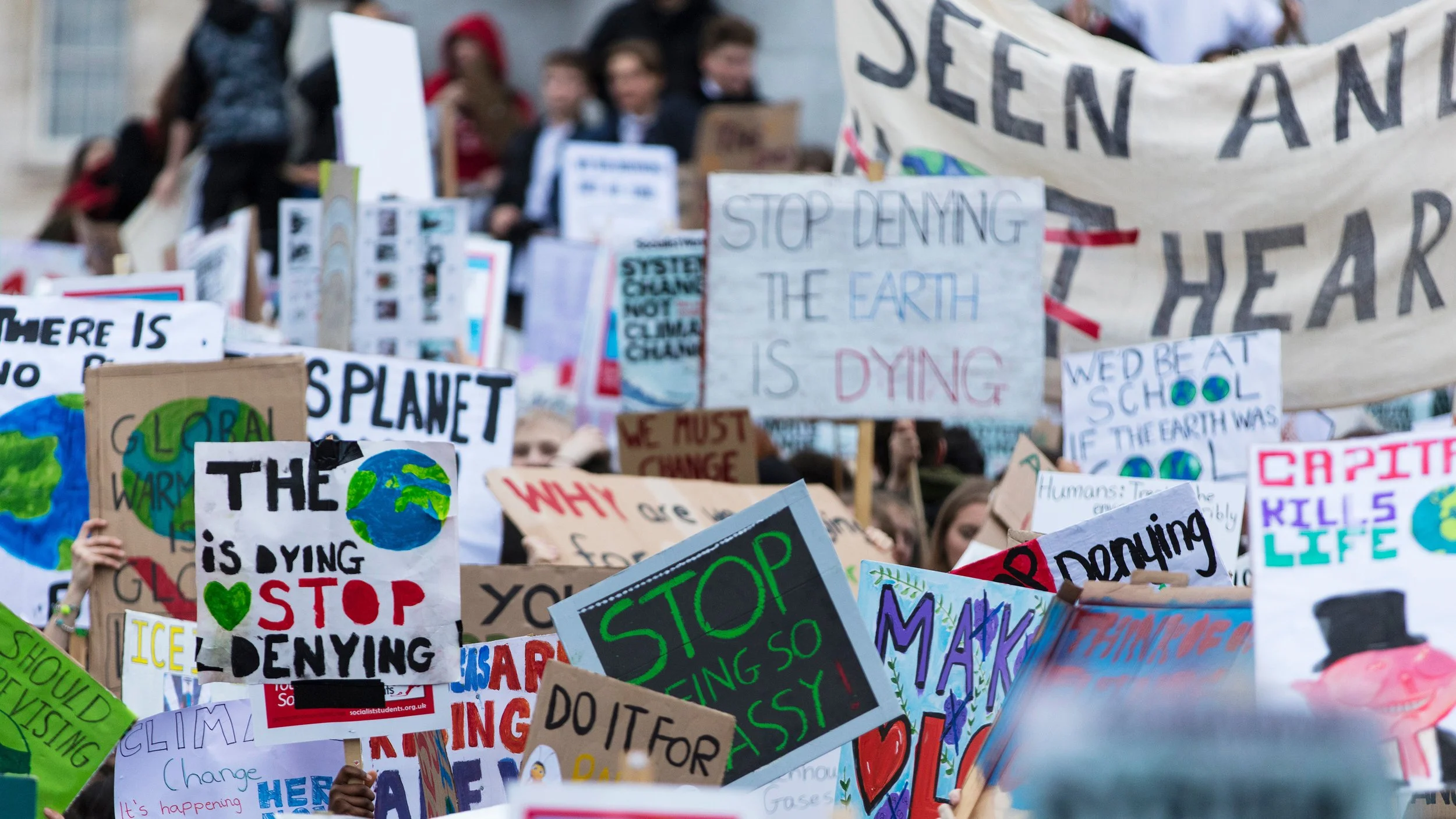War of words
Self-serving climate alarmists are trading in the language of extremism to remain relevant. By Richard Alston.
The term existential was popularised in the 20th century by French philosopher Jean-Paul Sartre, who believed that because there was no god, existence was absurd, life had no meaning and the individual therefore faced an existential crisis. In psychology, existential crises are inner conflicts characterised by the impression that life lacks meaning.
But in the climate wars a word that once had settled harmlessly in the realm of philosophy has become weaponised, wheeled out by climate catastrophists to herald imminent doom. Presumably it is a humanist alternative to a moral issue. In Australia the term increasingly is used “in terrorem”, as the lawyers say, to frighten the pants off the naive and the innocent. But what do the scaremongers mean by existential?
Are we talking now (clearly not), soon (whatever that means) or maybe someday, one day (when most of us will be long gone)? Does it mean the end of days, with the whole world wiped out, On the Beach style, or only in some more vulnerable areas?
The favourite scary example is rising tides among Pacific Islands, most of whose leaders seem to prefer immediate handouts for general budgetary purposes rather than practical assistance in mitigation. We are meant to assume the oceans will rise quickly and no one will respond – the old extrapolation trick.
Holland was once a major colonial power and The Netherlands is still a prosperous country. In the 14th century, the combined effects of soil subsidence and rising sea levels meant that without intervention it would soon be under water so it built a system of dykes that has survived to this day.
Technology is infinitely more sophisticated these days, so instead of wallowing in existential despair we should look for similar ways to solve the problem.
The alarmists, happy to label as climate deniers anyone who questions their theology, never explain the source of their dire apprehensions. The Intergovernmental Panel on Climate Change, the most authoritative body on the subject, nowhere mentions an apocalyptic scenario. Real experts do not blame climate change for increases in frequency or intensity of extreme weather events.
More than 20 years ago Prince Charles and Al Gore told us it was five minutes to midnight – that sounds like existential to me. Yet we are all still here. Tim Flannery finds plenty of time to publish books on the subject but never has time to argue the case publicly. He and his ilk can never find time to explain that whatever Australia does will make no difference to what they claim to be a global issue. Some alarmists can’t even use words to argue their case.
Blockade Australia seems to think criminal activity such as closing the Sydney Harbour Tunnel is persuasive. They want Australia to lead the way, to its economic detriment – the ultimate example of a self-inflicted wound from virtue signalling. Rhetorical overkill has proved remarkably successful in public debate. It is often said that in diplomacy words are bullets – the same could be said of politics, where extreme language can be influential. Words have power – they shape our beliefs, drive our behaviour and provoke emotional responses from others.
Most people don’t have time to research issues, let alone complex and confusing ones such as climate change. They therefore become vulnerable to doomsday proclamations. Ordinary citizens knew what was meant by global warming but when it seemed the planet had stopped warming for a period the topic became climate change, about which everyone could be concerned.
In September 2019 a survey of 30,000 people around the world found 48 per cent believed climate change would make humanity extinct. It seems people have an inherent need to worry about the future without necessarily relying on any serious factual information.
American Michael Shellenberger is a self-described environmental activist for 30 years and a compelling author. But he is fed up with “the exaggeration, alarmism and extremism which are the enemy of a positive, humanistic and rational environmentalism”.
He rebuts attempts in Australia to blame climate change for bushfires, which he largely attributes to human activities. In his view, “Climate alarmism, animus among environmental journalists and smoke that was unusually visible to densely populated areas appear to be the reasons for exaggerated media coverage”. He is concerned that the people who are the most apocalyptic about environmental problems tend to oppose the best and most obvious solution of dissolving them.
Remember that in 2009 the Greens opposed Kevin Rudd’s attempt to legislate a price on carbon, presumably because they wanted to continue to “enjoy the problem” and milk it for all it was worth. To date the Greens and teals have shown no concern for rising fuel and energy prices for consumers. If they are to become serious players they could start by urging Daniel Andrews to allow fracking, but this is unlikely because they need an energy crisis to rail against and remain relevant. They will much prefer to rely on inflammatory language so we should all be on our guard.
Richard Alston was Communications Minister in the Howard Government from 1996 to 2003.

